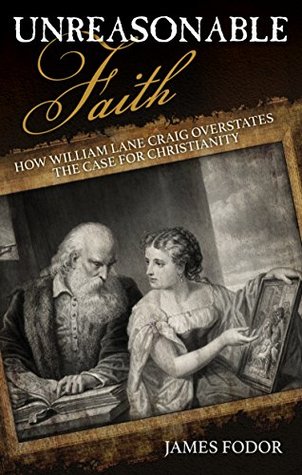

Most ebook files are in PDF format, so you can easily read them using various software such as Foxit Reader or directly on the Google Chrome browser.
Some ebook files are released by publishers in other formats such as .awz, .mobi, .epub, .fb2, etc. You may need to install specific software to read these formats on mobile/PC, such as Calibre.
Please read the tutorial at this link: https://ebookbell.com/faq
We offer FREE conversion to the popular formats you request; however, this may take some time. Therefore, right after payment, please email us, and we will try to provide the service as quickly as possible.
For some exceptional file formats or broken links (if any), please refrain from opening any disputes. Instead, email us first, and we will try to assist within a maximum of 6 hours.
EbookBell Team

4.8
34 reviewsYou may have heard of William Lane Craig, a professor of philosophy at Talbot School of Theology, who is known for debating atheists. Even if you haven’t, you have probably heard his arguments through followers and fans. He is known for painting faith as the “reasonable” road, and falsely claiming that he can prove the validity of his religion.
From his work attempting to show evidence for Jesus’ resurrection to his development of the Kalam cosmological argument for the existence of God, Craig is respected among his peers on the Christian side of the religious spectrum. But is that deserved? What’s at the core of these arguments? Are they philosophically sound? More importantly, is this Unreasonable Faith?
"an excellent destruction of W.L. Craig’s entire apologetics. Cogently argued and factually accurate, this is required reading for anyone keen to question the soundness of anything W.L. Craig has argued over the decades. Which makes it an invaluable resource for refuting Christian apologetics generally."
--Richard Carrier, author on the historicity of Jesus.
James Fodor has a graduate degree in physics at the University of Melbourne, and is a research assistant in structural biology at Monash University. With a keen interest in philosophy, he writes for the Rationalist magazine on various subjects in religion and epistemology. As president of the University of Melbourne Secular Society, he has engaged in numerous discussions and public debates concerning religion, with a focus on secular morality and the evidence for the resurrection of Jesus. He also has a keen interest in effective altruism and computational neuroscience.